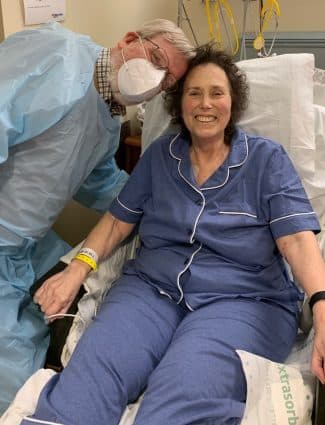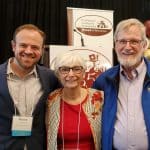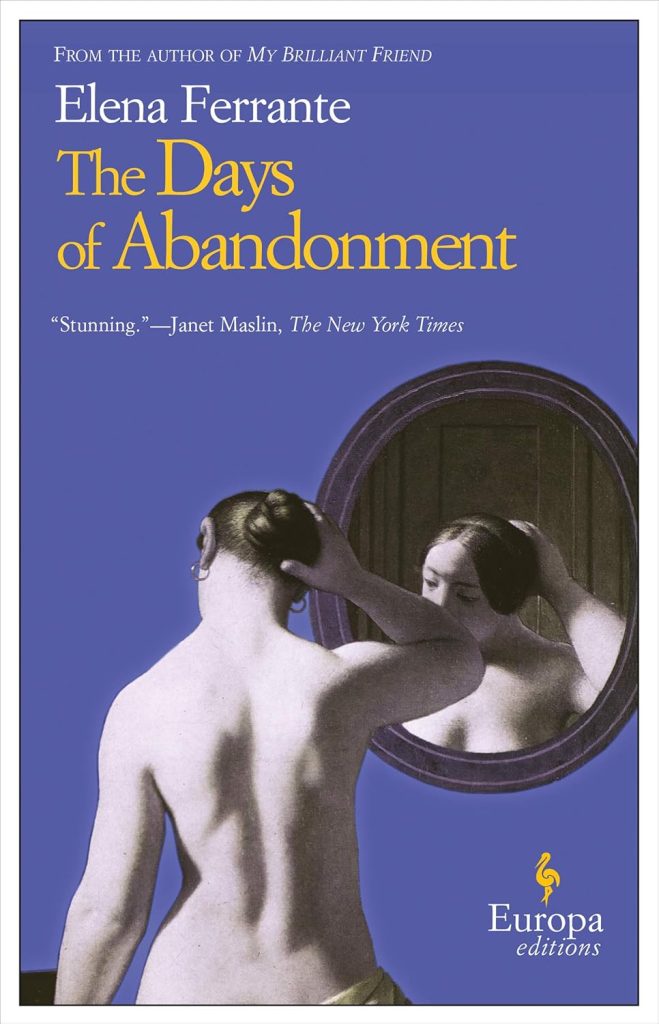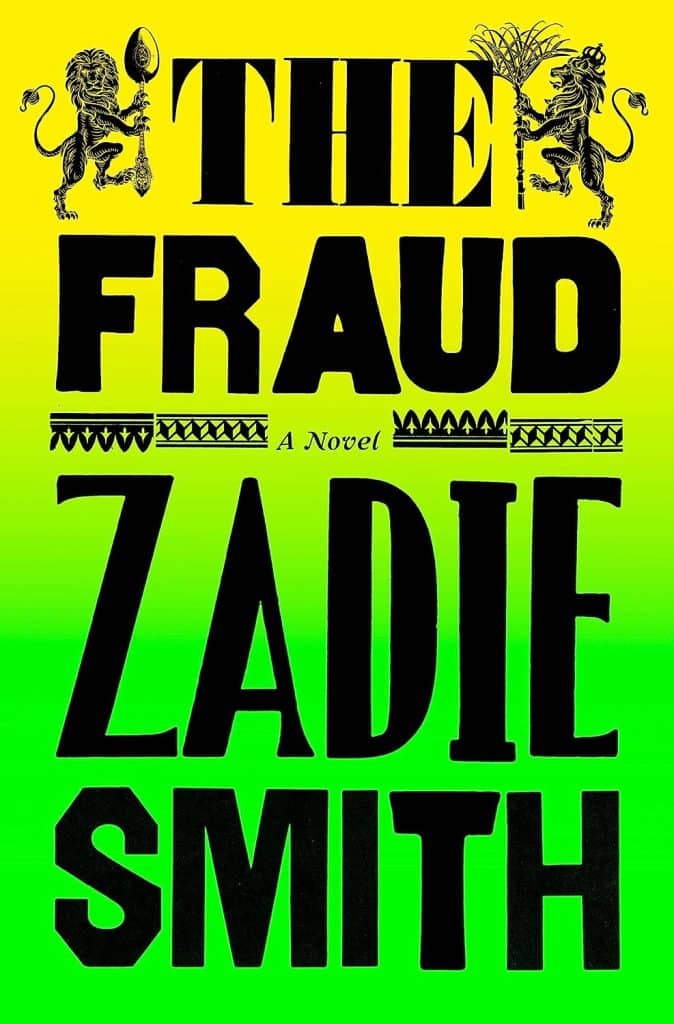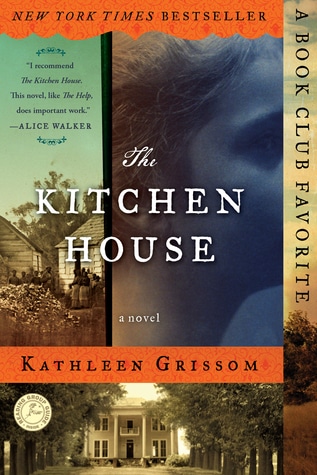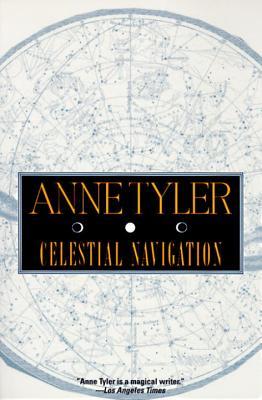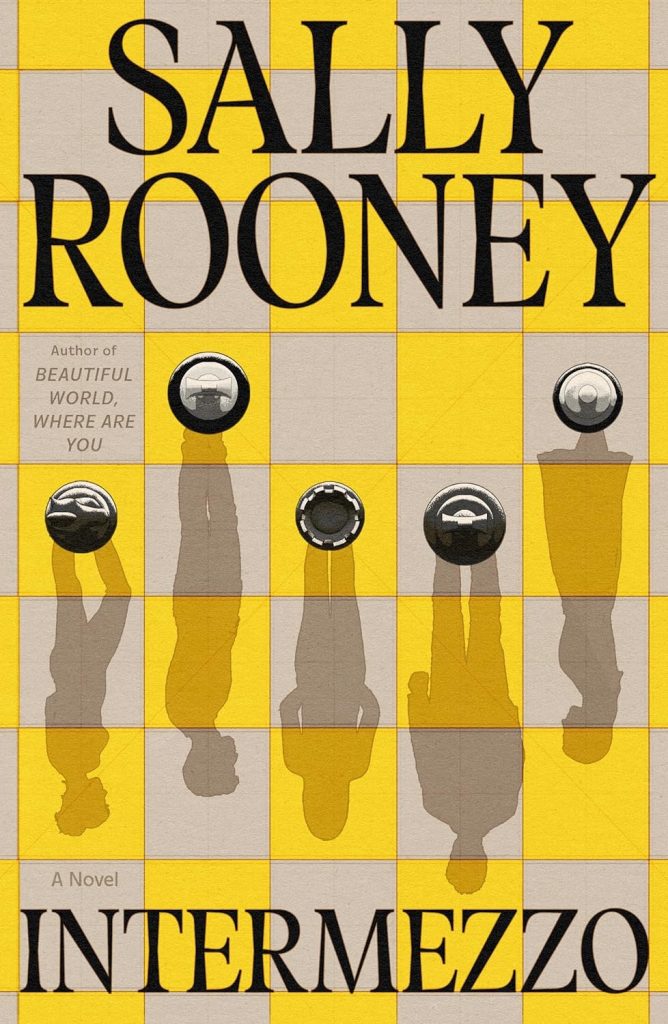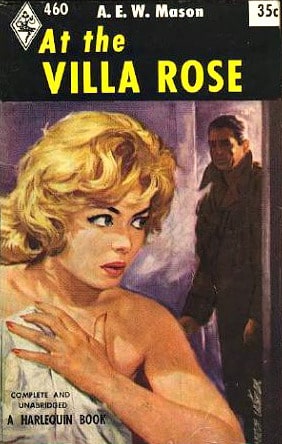
The End of Suffering From Grief
Falling Through the Trapdoor of Faith
Estimated reading time: 3 minutes, 3 secondsMarginalian‘s Sunday and Wednesday email messages have been a great source of guidance for navigating life’s challenges. Today’s “The Wild Iris: Nobel Laureate Louise Glück on the Door at the End of Your Suffering” email was particularly inspiring. It reminded me to embrace life to the fullest, even after experiencing loss. Thanks to this newfound perspective, my friends have noticed a positive change in me. Although I fell through a trapdoor almost two years ago, I allowed myself to feel my emotions and listen to my soul. Now, I choose to celebrate life by striving to be the best version of myself.
As Maria Popova wrote in the Marginalian, “A handful of times a lifetime, if you are lucky, an experience opens a trapdoor in your psyche with its almost unbearable beauty and strangeness, its discomposing unlikeness to anything you have known before. Down, down you go into the depths of the unconscious, dark and fertile with the terror and longing that make for suffering, the surrender that makes for the end of suffering, not in resignation but in faith. It is then that the still, small voice of the soul begins to sing; it is then that the trapdoor becomes a portal into a life more significant, truer, and more possible — a kind of rebirth.”
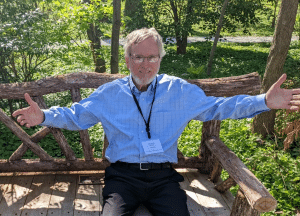
Through the act of surrendering, I took a significant risk and put my life on the line in search of a path forward after experiencing loss. Although some may say I am now a different person, I feel I have become a better version of myself. From where I stand today, I have learned that by embracing my pain and suffering, I can gain valuable insights from grief that can help me love, live, and be more fully human. As I take each step into the unknown future, I feel a deep connection to my soul, which reminds me that there is still hope. I understand now that I need to accept life on faith rather than unquestioningly believing that I can control everything that happens to me and manage everything on my own.
Nobel laureate Louise Glück (April 22, 1943–October 13, 2023), as Maria Popova wrote, “captures the essence of such experiences, the way they sober us to being mortal and to being alive, with an image of piercing originality in the title poem of her 1992 collection The Wild Iris (public library).”
My experiences with grief have taught me that it can be an influential teacher. Despite having many skilled instructors throughout my life, it was only when I fully embraced the pain of loss that I learned how to truly live, love, and become the best version of myself. Each step into the unknown future, I reconnect with my soul and hear it singing. I am not a new person, but I have become a better person because of my experiences with grief.
My Apolytus Moment
Falling Through the Trapdoor of Faith
Estimated reading time: 3 minutes, 3 secondsTHE WILD IRIS by Louise Glück
Falling Through the Trapdoor of Faith
Estimated reading time: 3 minutes, 3 secondsAt the end of my suffering
there was a door.
Hear me out: that which you call death
I remember.
Overhead, noises, branches of the pine shifting.
Then nothing. The weak sun
flickered over the dry surface.
It is terrible to survive
as consciousness
buried in the dark earth.
Then it was over: that which you fear, being
a soul and unable
to speak, ending abruptly, the stiff earth
bending a little. And what I took to be
birds darting in low shrubs.
You who do not remember
passage from the other world
I tell you I could speak again: whatever
returns from oblivion returns
to find a voice:
from the center of my life came
a great fountain, deep blue
shadows on azure sea water.


